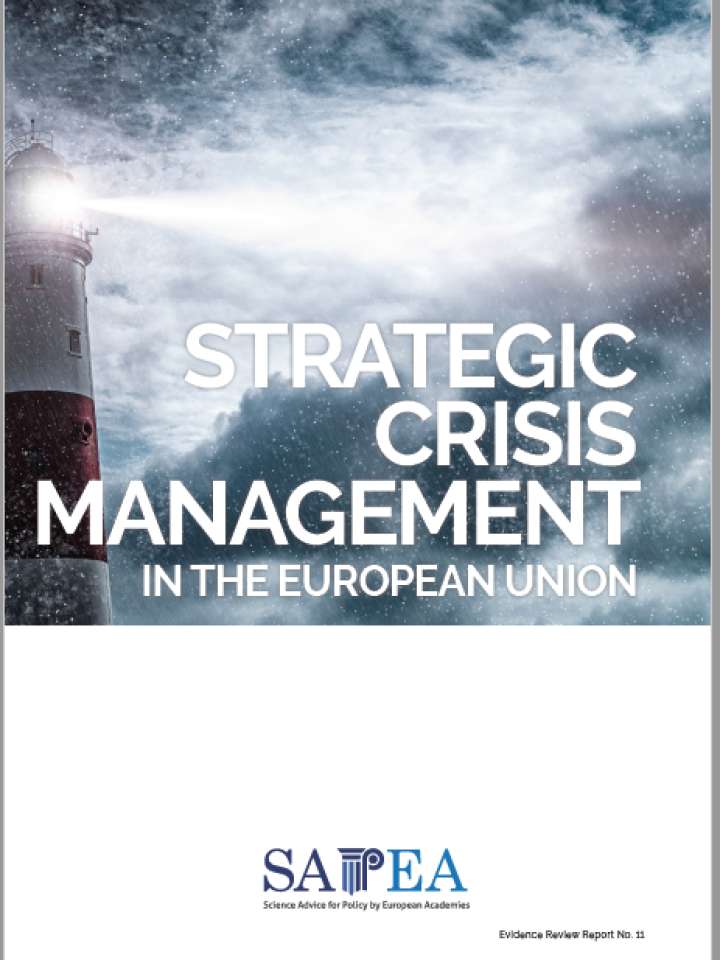Strategic crisis management in the European Union
This evidence review report presents the latest scientific evidence on the subject of crisis management, and evidence-based policy options for action. The European Union is confronted with an increasing number of crises with growing complexity. Their effects can cascade and ripple to all parts of society, the economy, and the environment. The effects of such crises are not limited to specific geographical regions or sectors of society, and many crises continue indefinitely.
This report puts forward a range of policy options, drawn from the evidence. Some of these are:
- Consideration could be given to establishing a European risk and crisis governance board or body. This could help to monitor and analyse risks and crises, develop common approaches for transboundary impacts, offer training and capacity building, and oversee the science-policy interface. It could provide guidance to more flexible, decentralised units that are closer to the locations or sectors in which crisis management is needed.
- The development of new cross-sectoral risk assessment protocols and standards could take into account hitherto unconsidered impacts of crises, such as their duration, indirect and long-term effects, the distribution of impacts, welfare and wellbeing.
- An EU-wide dynamic risk radar methodology and monitoring protocol could provide early indicators of crisis and improve overall preparedness for transboundary systemic risks.
Explore further
